When navigating the intricate world of flatbed trailer ownership in Arizona, one pervasive question arises: Do you need insurance for a flatbed trailer in AZ? This inquiry is not merely an academic one; it directly impacts the legal, financial, and operational aspects of owning and managing a flatbed trailer. This comprehensive guide aims to clarify the mandates surrounding flatbed trailer insurance in Arizona, covering essential factors such as legal requirements, types of coverage, and best practices for protecting your investment.
Legal Requirements for Flatbed Trailer Insurance in Arizona
Is Insurance Mandatory?
In the state of Arizona, the law requires all motor vehicles to have at least a minimum amount of liability insurance. This includes flatbed trailers, especially when they are being towed on public highways. While the trailer itself does not require separate insurance if it is being used for non-commercial purposes and is under the control of a properly insured towing vehicle, liability coverage is highly recommended for protecting against potential claims arising from accidents.
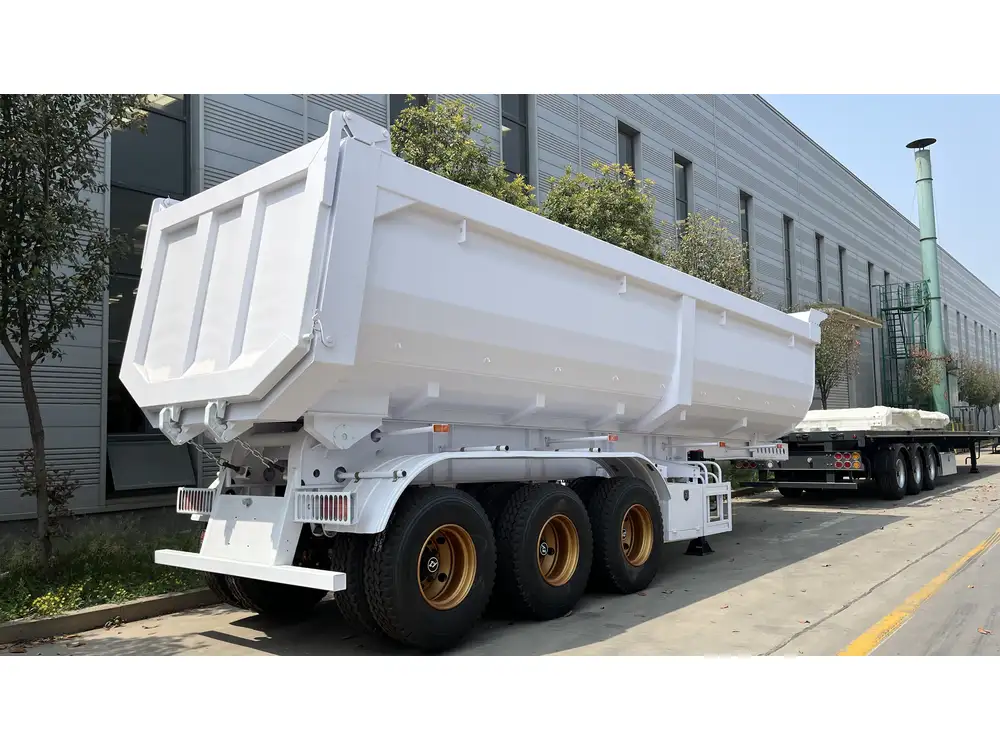
Minimum Liability Coverage
Arizona law mandates the following minimum liability insurance coverage for vehicles:
| Coverage Type | Minimum Required Amount |
|---|---|
| Bodily Injury Liability (per person) | $15,000 |
| Bodily Injury Liability (per accident) | $30,000 |
| Property Damage Liability | $10,000 |
These minimums are established to ensure sufficient protection for other parties in the event of an accident. However, these amounts may not be adequate to cover more significant damages, particularly in a flatbed accident involving heavy loads or multiple vehicles.
Trailer Registration and Insurance
Flatbed trailers must be registered with the Arizona Department of Transportation (ADOT). When registering your trailer, insurance requirements may differ depending on usage (personal vs. commercial). For commercial use, proof of insurance is typically required as part of the registration process.
The Importance of Insurance Coverage
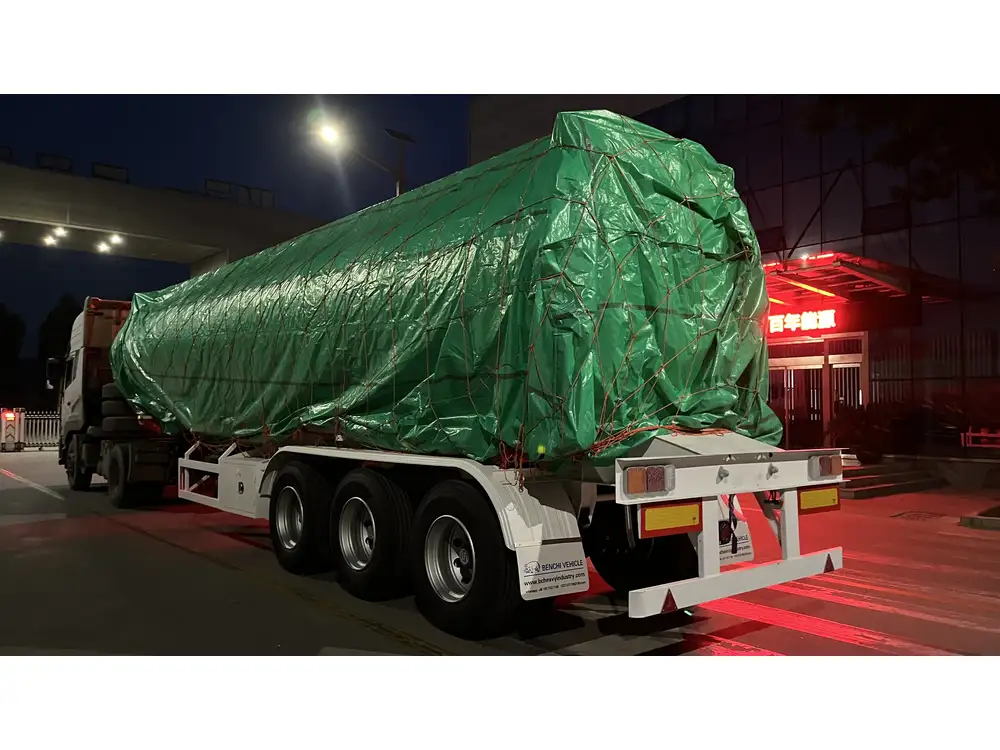
Types of Insurance Coverage for Flatbed Trailers
Selecting the right insurance can leave a substantial impact on your financial security and peace of mind. Here are the primary types of insurance coverage you should consider for your flatbed trailer:
Liability Insurance
- Covers damages and injuries to other parties in case you are at fault in an accident.
Comprehensive Insurance
- Provides protection against non-collision incidents such as theft, vandalism, natural disasters, and more.
Collision Insurance
- Covers damages to your flatbed trailer resulting from collision with another object or vehicle.
Uninsured/Underinsured Motorist Coverage
- Protects you in case another driver who is at fault does not have adequate insurance coverage.
Cargo Insurance
- If you are transporting goods, this coverage protects against losses related to damaged or lost cargo.
Business Auto Policy (if applicable)
- If your flatbed trailer is used for business purposes, consider enhancing your coverage through a business auto policy, ensuring added protection tailored for commercial use.
The Risks of Skipping Insurance
Choosing to forego insurance might seem financially prudent at first glance, but the risks involved are substantial. Consider the following potential scenarios:
- Accidents: Collisions can cause serious bodily injuries and substantial damage to property, leading to costly legal battles and settlements.
- Theft and Vandalism: Flatbed trailers, especially those carrying valuable freight, are portable assets and susceptible to theft or vandalism.
- Natural Disasters: Flatbed trailers parked in unsecured locations can be damaged by natural disasters such as storms or floods.
Each of these risks highlights the financial implications that can arise from being underinsured or uninsured, given the potentially high costs associated with trailer accidents.
Selecting the Right Insurance Provider
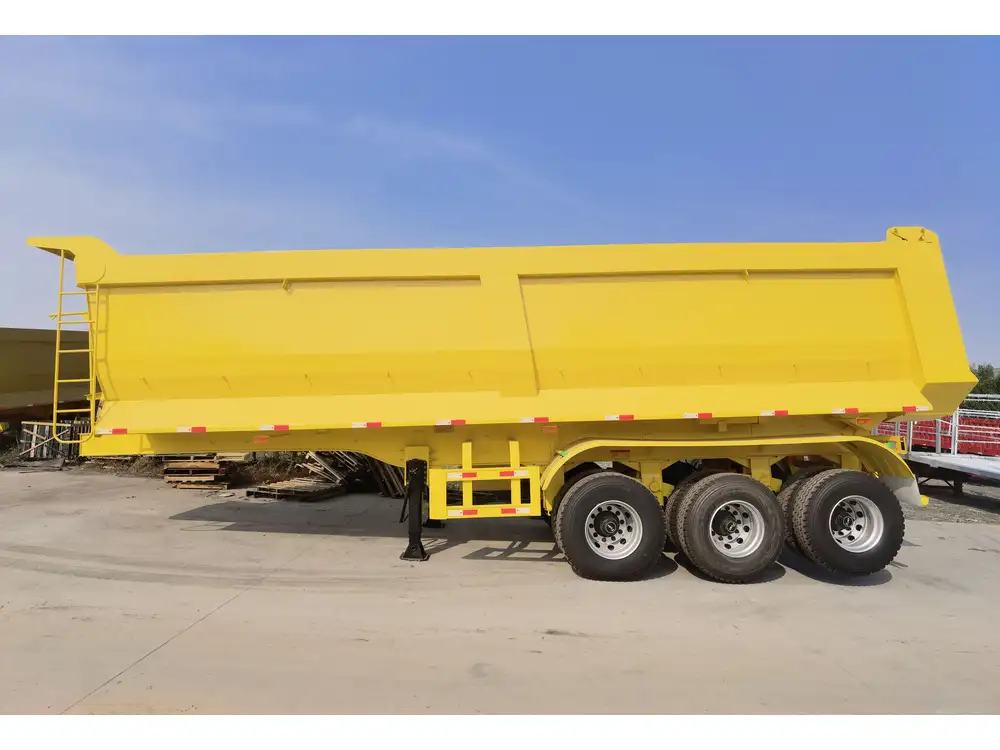
Factors to Consider
When searching for the ideal insurance provider, consider the following elements to ensure you get the best coverage suited for your needs:
Reputation and Reviews
- Research customer reviews to assess the reliability and trustworthiness of insurance companies you are considering.
Coverage Options
- Look for insurers offering comprehensive packages that address various risks associated with flatbed trailers.
Premium Costs
- Compare quotes from different insurance providers but remember not to compromise quality for cost alone.
Claims Process
- Analyze the insurer’s claims process and customer service reputation. A cumbersome claims process can lead to frustration when you need assistance most.
Experience with Trailer Insurance
- Choose insurance providers that have experience and specialize in trailer coverage to ensure they understand the nuances of your needs.
Recommended Insurance Providers
| Provider | Coverage Options | Notable Features |
|---|---|---|
| State Farm | Comprehensive, Collision, Liability | Strong claim support |
| Progressive | Flexible coverage options | Customizable policies |
| Allstate | Liability, Uninsured Coverage | User-friendly app |
| Nationwide | Cargo Insurance | Multi-policy discounts |
Conduct extensive research to find the right match for your specific needs, and don’t hesitate to seek out environmental, business, or recreational insurance specialists who can provide tailored advice.
Premium Cost Factors
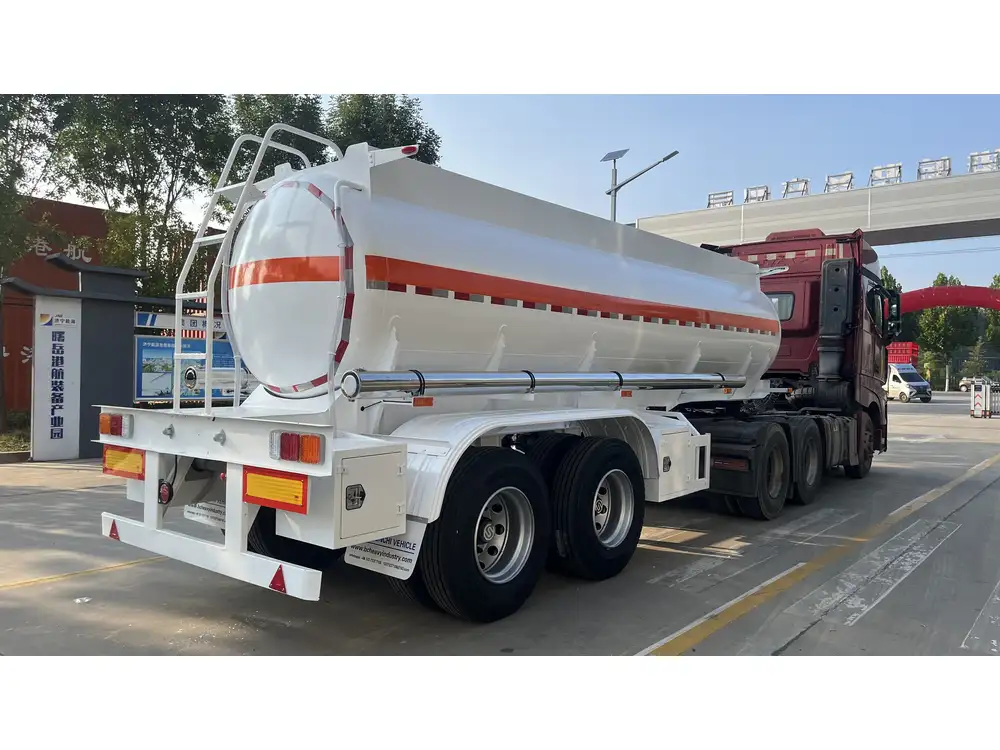
Understanding Insurance Premium Calculation
The overall cost of insuring a flatbed trailer can vary significantly based on several factors, including but not limited to:
- Trailer Usage: Commercial usage typically incurs higher premiums than personal use due to increased liability risks.
- Driving History: Your personal driving record can impact premium rates; a clean history may lead to discounts.
- Value of the Trailer: More expensive trailers will usually require higher premiums for sufficient coverage.
- Location: The zip code where the trailer is primarily used can affect rates due to varying risks of accidents or theft.
Ways to Lower Your Premium
Safety Training: Enroll in safety training programs and improve driving habits to qualify for discounts.
Bundling Policies: Consider bundling your trailer insurance with other vehicle or property insurance for a multi-policy discount.
Increase Deductibles: Opting for a higher deductible may lower your premium but can lead to higher out-of-pocket expenses during claims.
Install Security Features: Adding GPS trackers or security systems can decrease the risk of theft and may qualify you for additional discounts.
Common Questions About Flatbed Trailer Insurance
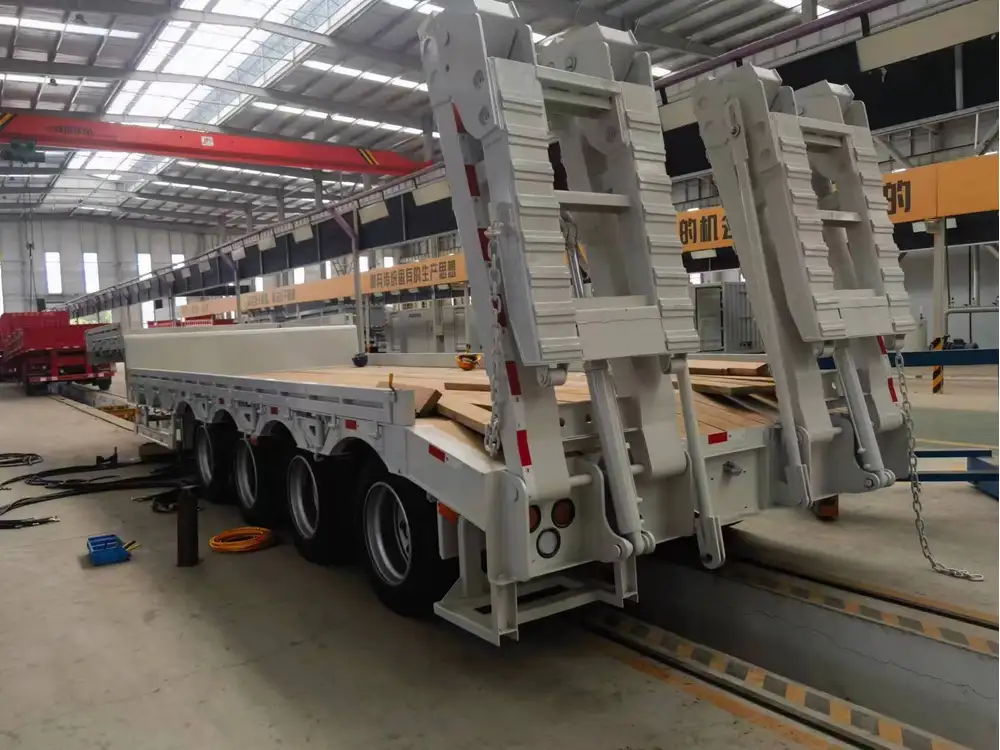
What Happens If I Don’t Insure My Flatbed Trailer?
Operating an uninsured flatbed trailer poses significant risks, including legal repercussions if involved in an accident. Arizona law mandates liability insurance for all vehicles operating on public roads, and non-compliance can result in fines and penalties.
Can I Get Insurance for A Flatbed Trailer Used Only for Personal Use?
Yes, personal use of a flatbed trailer requires insurance, but coverage can vary depending on how often the trailer is used and whether it is being towed by an insured vehicle.
What if My Flatbed Trailer is Used for Business Purposes?
If your flatbed trailer is utilized for business, you should obtain commercial truck insurance tailored to business operations. Standard personal auto policies typically do not cover vehicles used for commercial purposes.
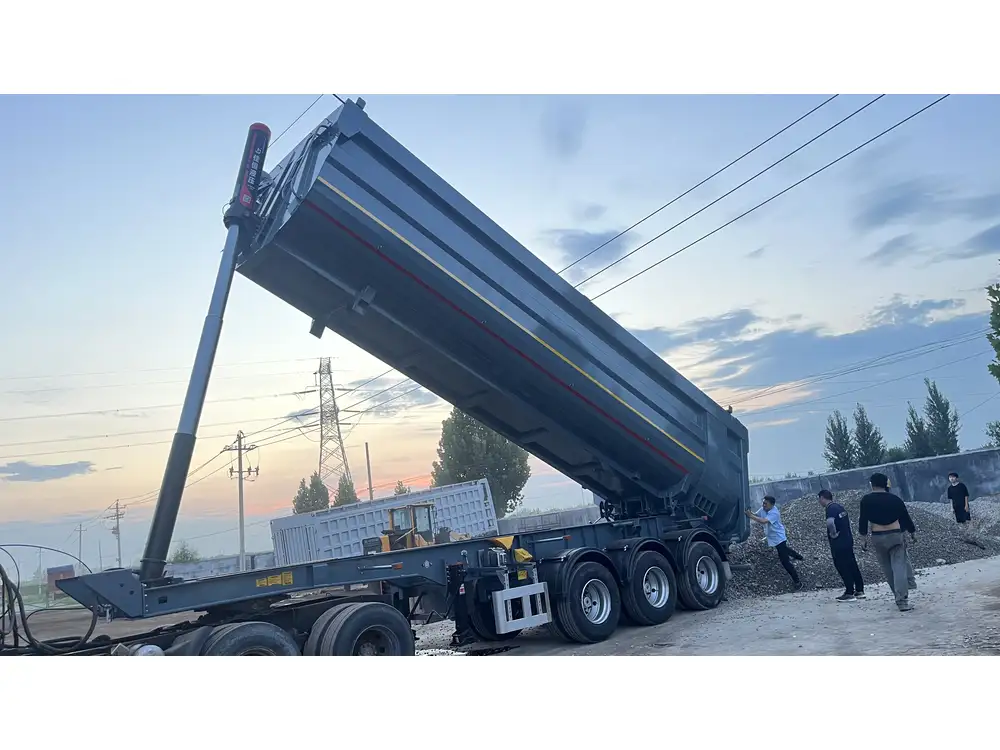
How Do I File a Claim for My Flatbed Trailer?
Each insurance provider has a specific claims process, which usually involves the following steps:
- Notify your insurer about the incident immediately.
- Gather and provide documentation, including photos, police reports, and witness accounts.
- Follow the insurer’s instructions to complete the claims process.
Is Cargo Insurance Necessary if I am Transporting Goods?
If you transport goods, assigning cargo insurance is prudent. Standard liability insurance may not cover losses or damages to freight being carried on your flatbed trailer.
Conclusion
In summary, the question of whether you need insurance for a flatbed trailer in Arizona is not only a matter of legality but also a critical aspect of safeguarding investments. By understanding the various types of coverage available, assessing your individual needs, and taking proactive steps to minimize risks and choose reputable insurance providers, you can make informed decisions that bolster your financial security. Assessing your requirements, consulting with experts, and exploring various coverage options lead to more accessible and streamlined trailer ownership. Always remember, the best time to secure coverage is before an incident occurs, ensuring peace of mind as you transport equipment and materials across Arizona’s roads.



